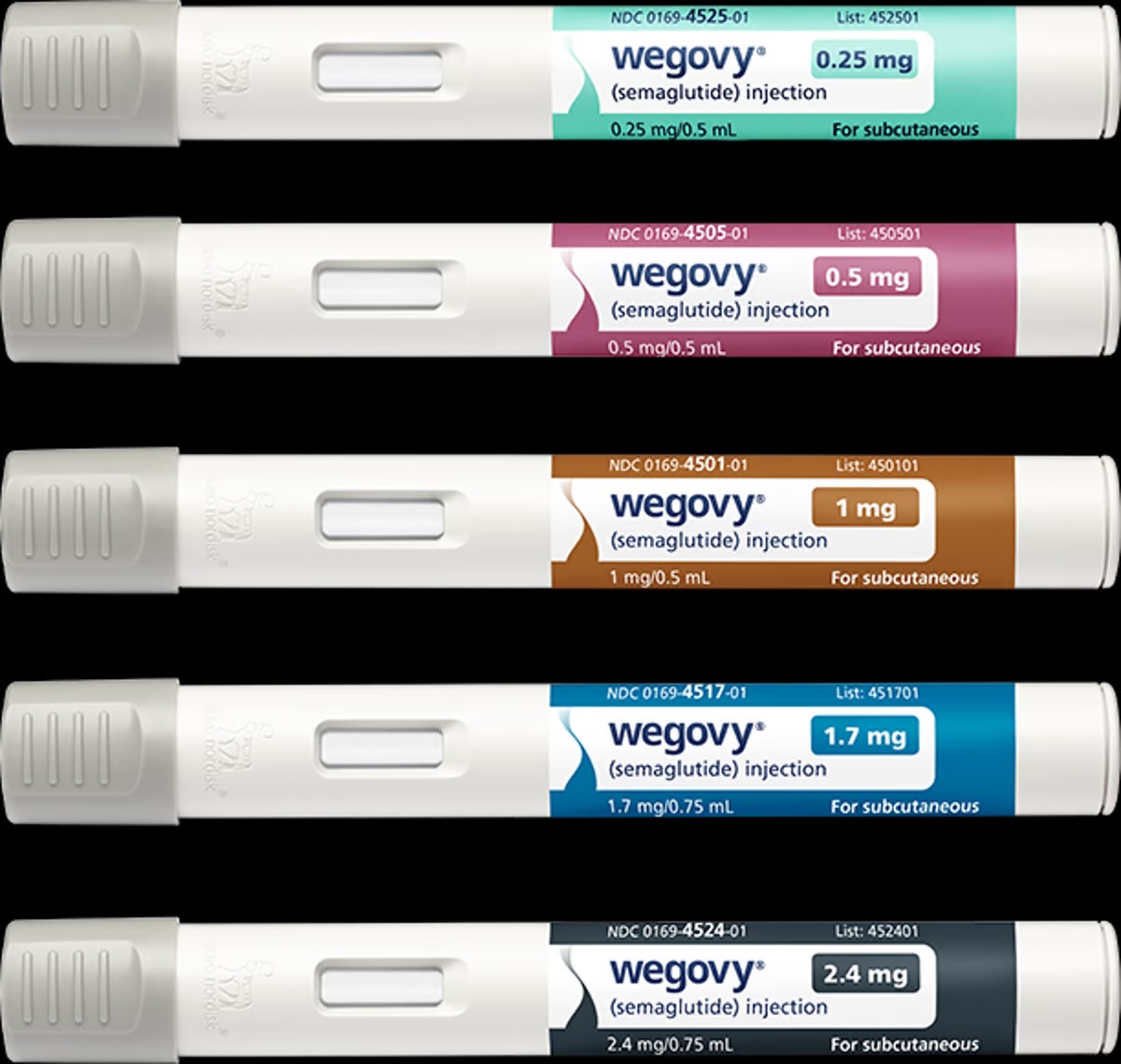As the popularity of GLP-1 medications like Ozempic, Wegovy, and Mounjaro continues to soar for weight management and diabetes treatment, it’s crucial to understand both their potential side effects and natural ways to boost GLP-1 levels.
While these prescription drugs have proven highly effective in promoting weight loss and improving metabolic health, they can also come with a range of side effects. Common ones include nausea, vomiting, diarrhea, constipation, and abdominal pain. Some patients may also experience more severe side effects like pancreatitis, thyroid tumors, or kidney problems.
For those seeking to harness the benefits of GLP-1 without relying solely on prescription medications, several natural approaches may help boost the body’s production of this vital hormone. These include:
- Dietary changes: Consuming foods rich in fiber, protein, and healthy fats can stimulate GLP-1 release. Examples include avocados, nuts, seeds, leafy greens, and fermented foods like yogurt and kefir.
- Exercise: Regular physical activity, particularly aerobic exercise and strength training, has been shown to increase GLP-1 levels and improve insulin sensitivity.
- Supplements: Certain supplements, such as berberine, curcumin, and alpha-lipoic acid, may potentially enhance GLP-1 production and action, although more research is needed.
- Stress management: Chronic stress can disrupt hormonal balance, including GLP-1 levels. Practices like meditation, yoga, and deep breathing exercises may help mitigate stress and support overall metabolic health.
While natural approaches may not yield the same dramatic results as prescription GLP-1 medications, they offer a complementary and potentially safer avenue for those seeking to optimize their GLP-1 levels and overall well-being.
As with any medication or supplement regimen, it’s essential to consult with a healthcare professional and weigh the potential risks and benefits based on individual circumstances.





